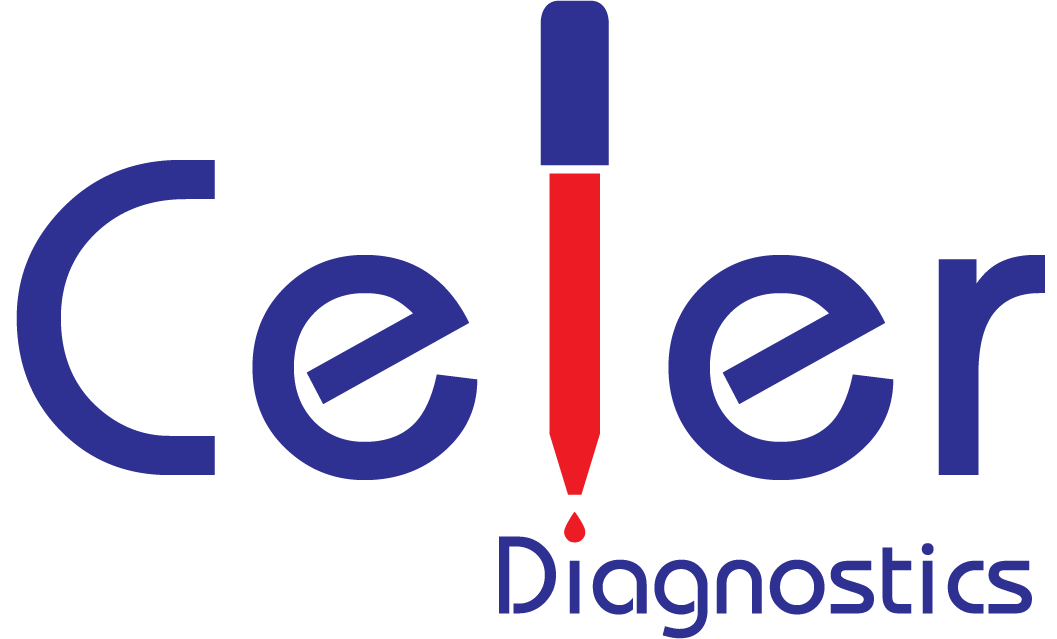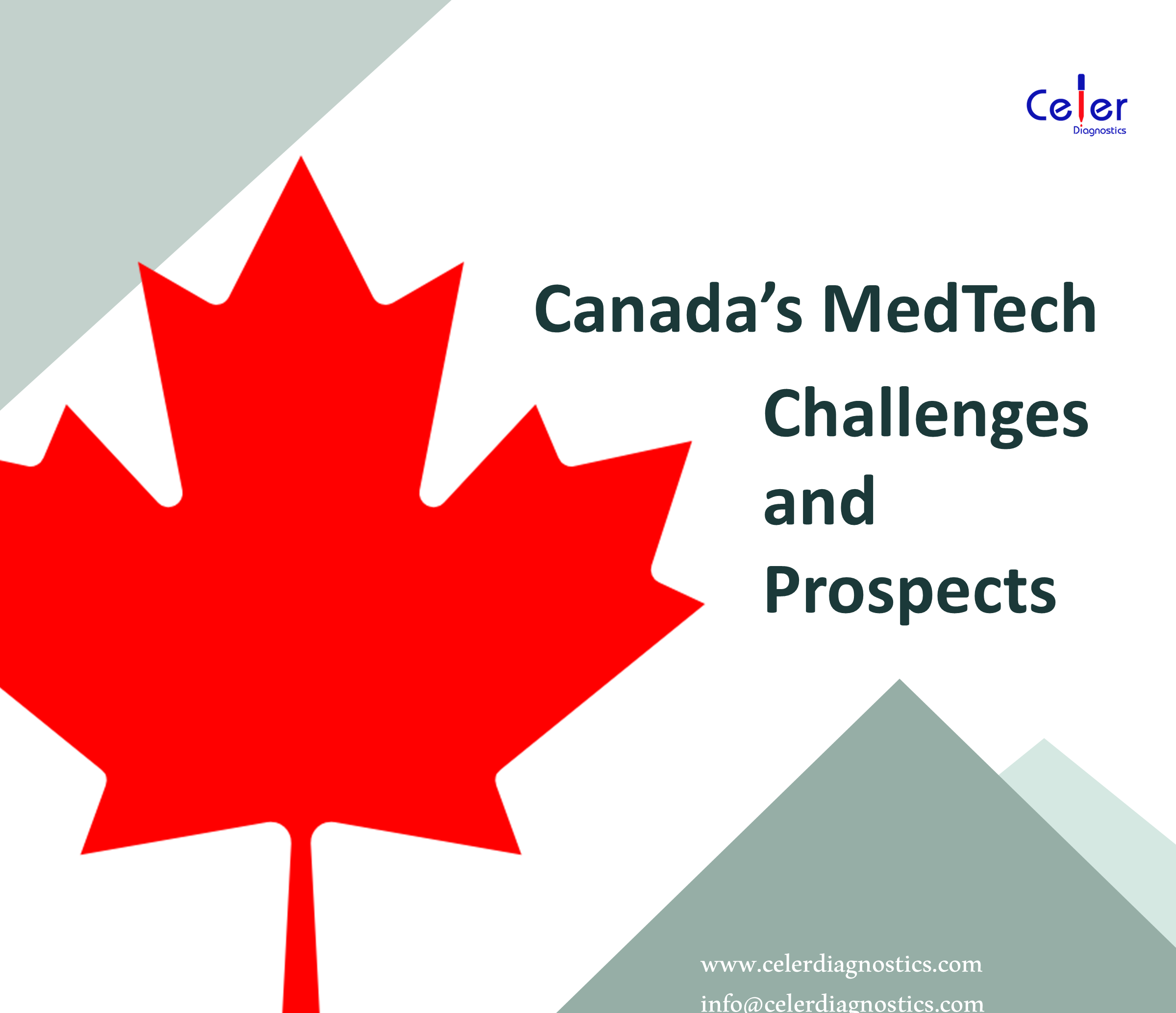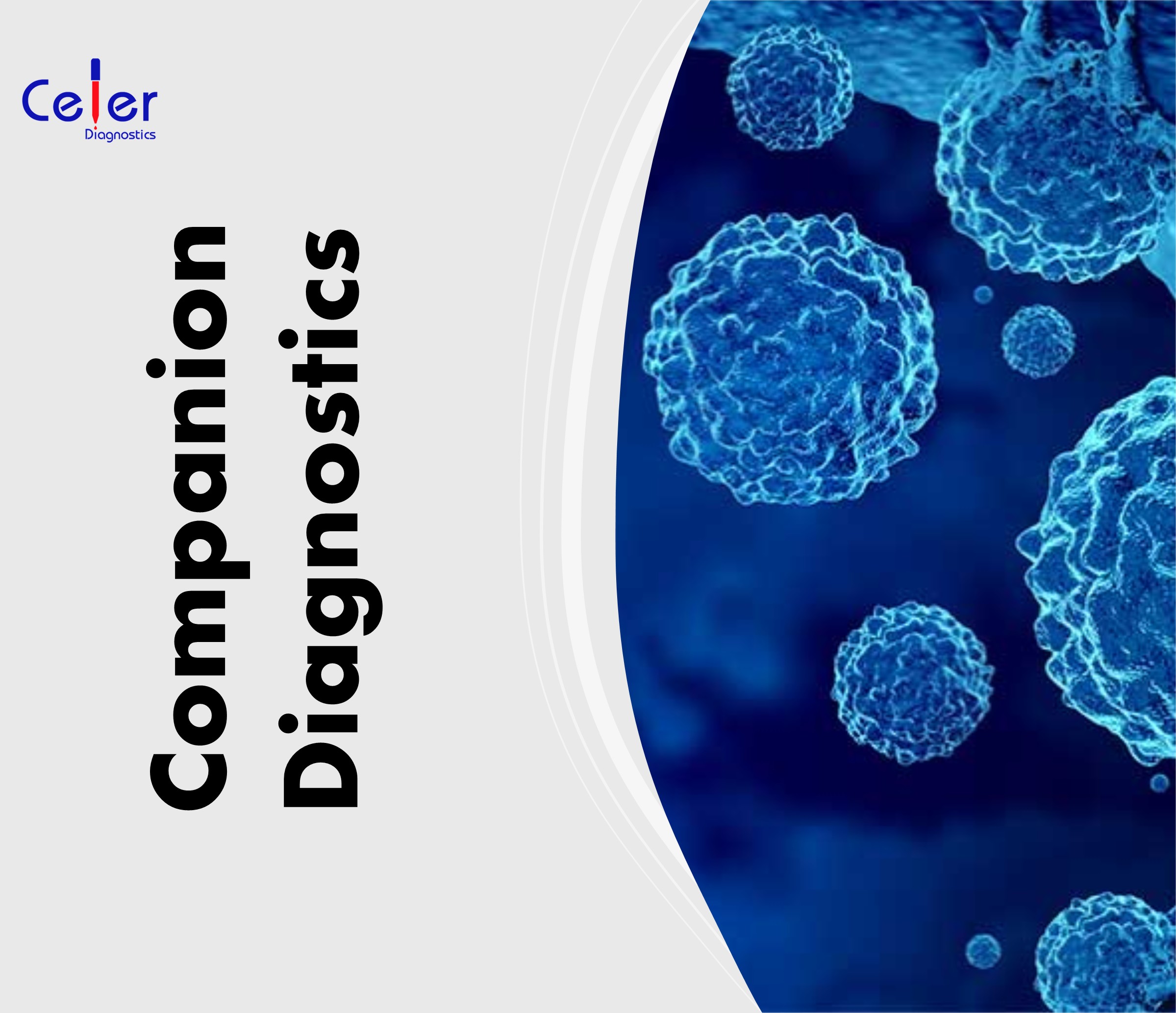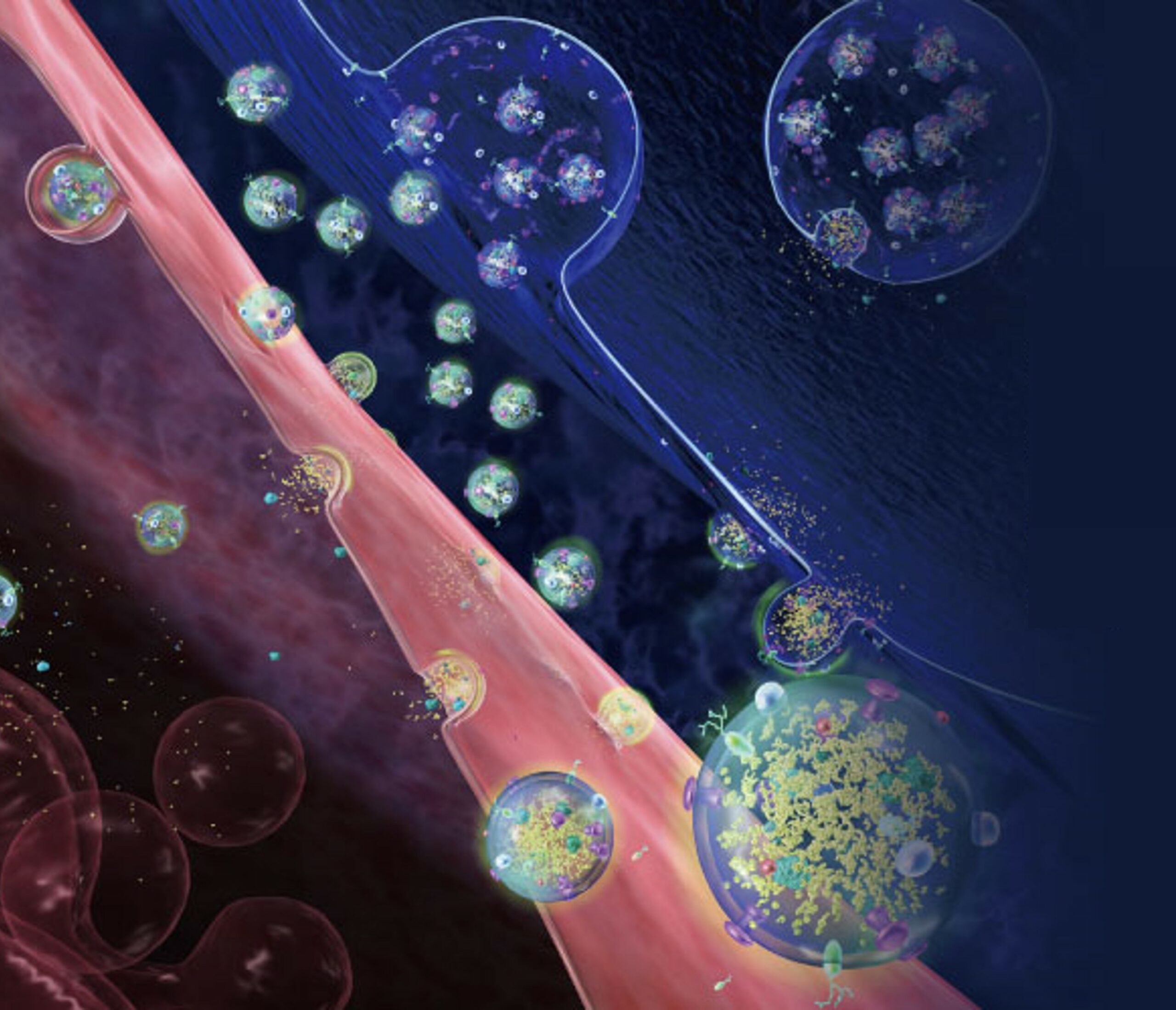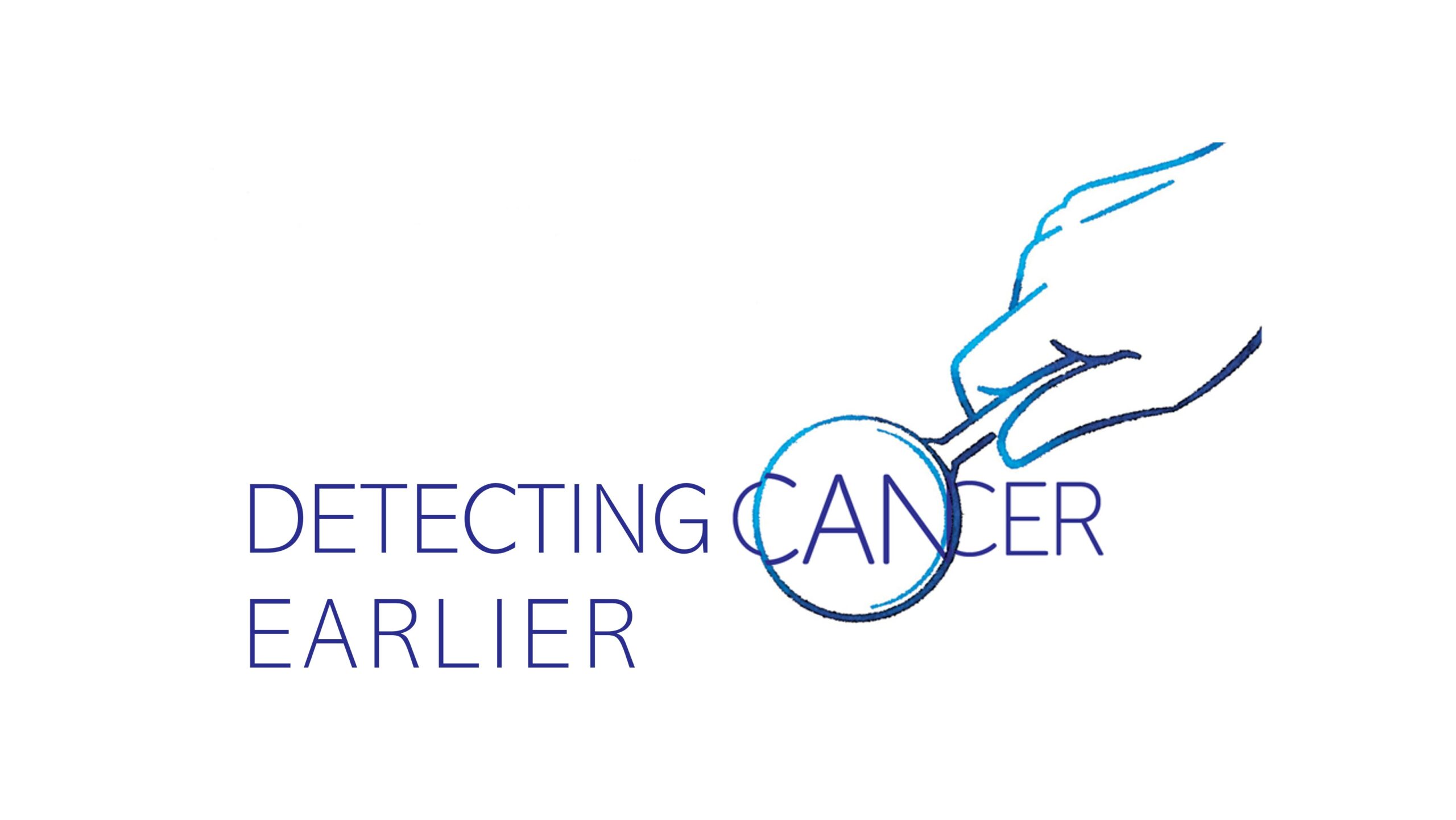Cancer can affect every aspect of your health, including your appetite and diet. Eating healthy foods before, during, and after treatment can help you feel better and stay stronger. But cancer and its treatment can sometimes cause problems that can make it hard to eat [1] . In this blog post, we will discuss why your diet is so important during cancer treatment, and provide tips on foods to add and avoid.
How does cancer treatment affect your diet?
Treatments such as chemotherapy and some forms of radiation therapy can cause a variety of side effects, including:
- Constipation, which can cause discomfort and further reduce your desire to eat
- Diarrhea, which can drain your body of nutrients
- Fatigue, which means you’re less active, so you burn fewer calories and don’t feel as hungry throughout the day
- Loss of taste, which can make food unappealing
- Nausea and vomiting, which might reduce your appetite and cause weight loss
“Sometimes it also depends on the specific type of cancer you have,” explains Selvi Rajagopal, M.D., a specialist in internal medicine at Johns Hopkins Medicine. “Treatment for breast cancer and blood cancers often involve steroids. Steroids can actually increase your appetite and increase your blood sugar levels, which might lead to insulin resistance and weight gain. So instead of losing weight, it’s possible to gain quite a bit of weight from the combination of medications and a more sedentary lifestyle during cancer treatment.” [2]
Some people also have hormone therapy after chemotherapy for breast cancer or endometrial cancer. The drugs suppress the production of estrogen, a hormone that plays an important role in metabolism. If your metabolism slows down, you may put on weight [2].
People with pancreatic cancer often find it difficult to maintain their weight. Since the pancreas isn’t functioning the way it should, it may not be able to digest food normally. This can lead to weight loss or malnourishment [2].
Why is your diet important during cancer treatment?
Since cancer treatment can lead to fluctuations in appetite and body weight, it’s important to pay close attention to your diet. In addition to helping you maintain a healthy weight, eating a balanced diet during chemotherapy or radiation therapy can:
- Help manage treatment side effects
- Increase energy
- Increase muscle tone
- Preserve immune function
- Reduce inflammation
What foods should you add to your diet during cancer treatment?
“Anyone with a chronic illness, even if it’s not cancer, should eat foods high in protein, healthy fats, whole grains, and vitamins and minerals,” Rajagopal emphasizes. “If possible, make these dietary adjustments before cancer treatment begins so you’ll be healthier going into treatment [2].”
Plant-based Proteins
Some of the best foods to eat during chemotherapy or other cancer treatments are plant-based proteins. They offer the highest levels of vitamins and minerals, Rajagopal says. This means eating lots of vegetables as well as beans, legumes, nuts, and seeds. If you do eat animal proteins, choose lean options like chicken or fish [2].
Protein is essential for building and repairing tissues, fighting infections, and healing wounds. People with cancer often need more protein than usual. After surgery, chemotherapy, or radiation therapy, extra protein is usually needed to heal tissues and help fight infection [3].
Good sources of protein include:
- Fish
- Poultry
- Lean red meat
- Eggs
- Low-fat dairy products
- Nuts and nut butter
- Dried beans, peas, and lentils
- Soy foods
Healthy Fats
Fats are an important source of energy and help your body absorb certain vitamins. They also play a role in hormone production and inflammation regulation. However, not all fats are created equal. Some fats are better for your health than others.
Healthy fats include monounsaturated and polyunsaturated fats, which are found in plant oils (such as olive, canola, and sunflower), nuts (such as almonds, …)
Whole Grains
Whole grains are rich in fiber, which can help prevent constipation and lower cholesterol levels. Fiber also helps you feel full longer, which can prevent overeating. Whole grains also contain antioxidants, phytochemicals, and minerals that may have anti-cancer effects.
Some examples of whole grains are:
- Oats
- Barley
- Quinoa
- Brown rice
- Buckwheat
- Bulgur
- Millet
Fruits and Vegetables
Fruits and vegetables are packed with vitamins, minerals, antioxidants, and phytochemicals that can boost your immune system and protect your cells from damage. They also provide water and fiber, which can help with hydration and digestion. Aim for at least five servings of fruits and vegetables a day, and choose a variety of colors to get the most benefits.
Some fruits and vegetables that are especially good for people with cancer are:
- Berries
- Citrus fruits
- Leafy greens
- Cruciferous vegetables (such as broccoli, cauliflower, cabbage, Brussels sprouts)
- Carrots
- Tomatoes
- Mushrooms
What foods should you avoid during cancer treatment?
According to some web sources [2,4,5,6], some foods that you should avoid during cancer treatment are:
- Grapefruit and Seville oranges, which can affect how some cancer drugs are broken down in the body
- Unpasteurized dairy products and soft cheeses, which may contain bacteria that could make you sick
- Undercooked or raw foods, such as sushi, oysters, eggs, and meats, may also carry harmful bacteria or parasites
- Foods that are expired, moldy, or have been in the refrigerator for more than 3 days, may spoil and cause food poisoning
- Herbal supplements, such as St. John’s Wort, black cohosh, ginseng, and milk thistle, can interfere with some cancer drugs or cause side effects
It is important to eat a balanced diet during cancer treatment that includes plenty of protein, healthy fats, whole grains, fruits, and vegetables. You should also drink enough water and avoid alcohol and caffeine. If you have any questions or concerns about your diet, you should talk to your doctor or a registered dietitian.
References
- Benefits of Good Nutrition During Cancer Treatment
- Cancer Diet: Foods to Add and Avoid During Cancer Treatment | Johns Hopkins Medicine
- Nutrition for People with Cancer | American Cancer Society
- Breast Cancer Diet: Foods to Eat, Avoid, and Healthy Tips (healthline.com)
- 8 Foods to Avoid With Cancer | Tips for Cancer & Nutrition (healthgrades.com)
- Food and drink to avoid during cancer treatment | Cancer in general | Cancer Research UK
